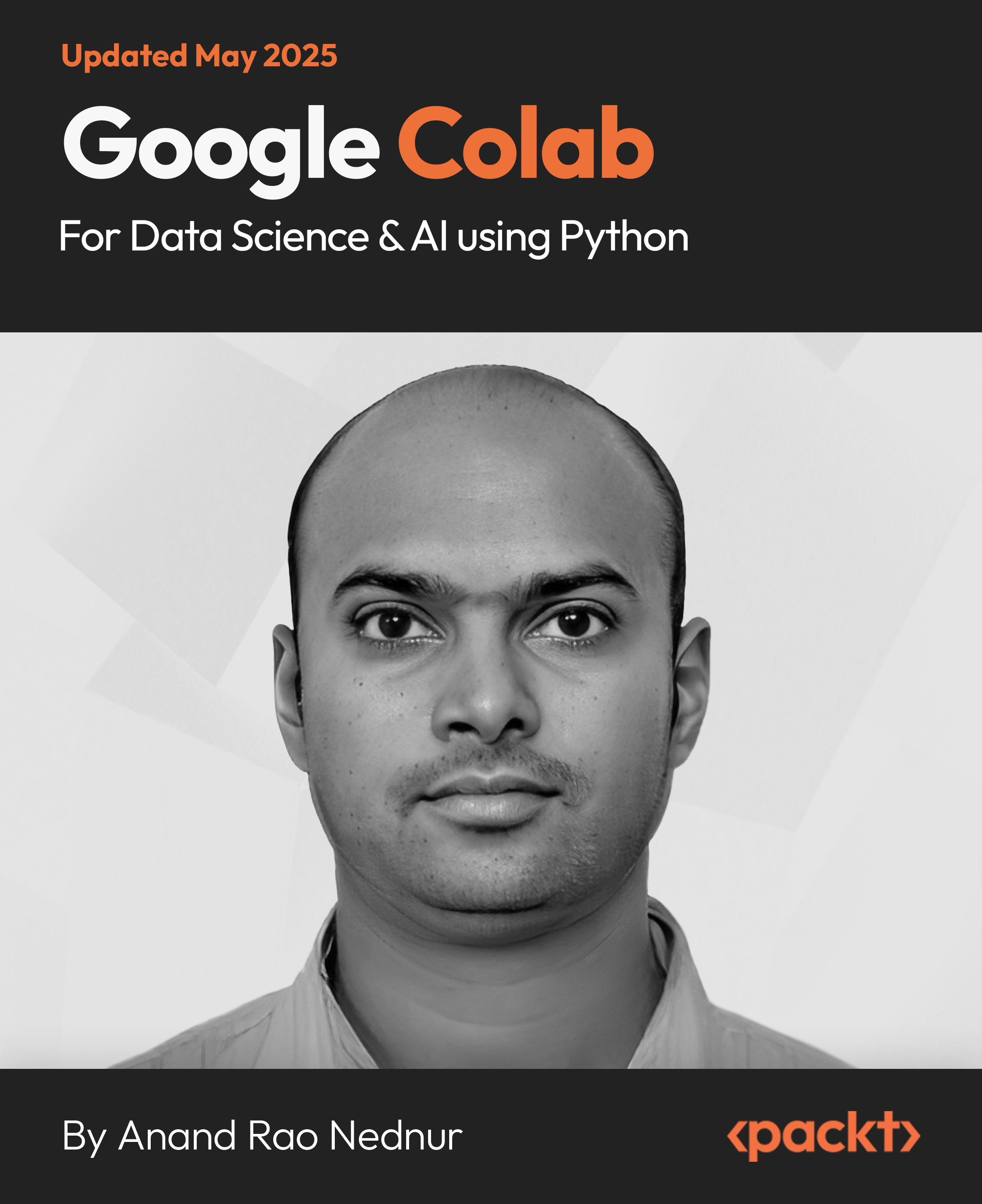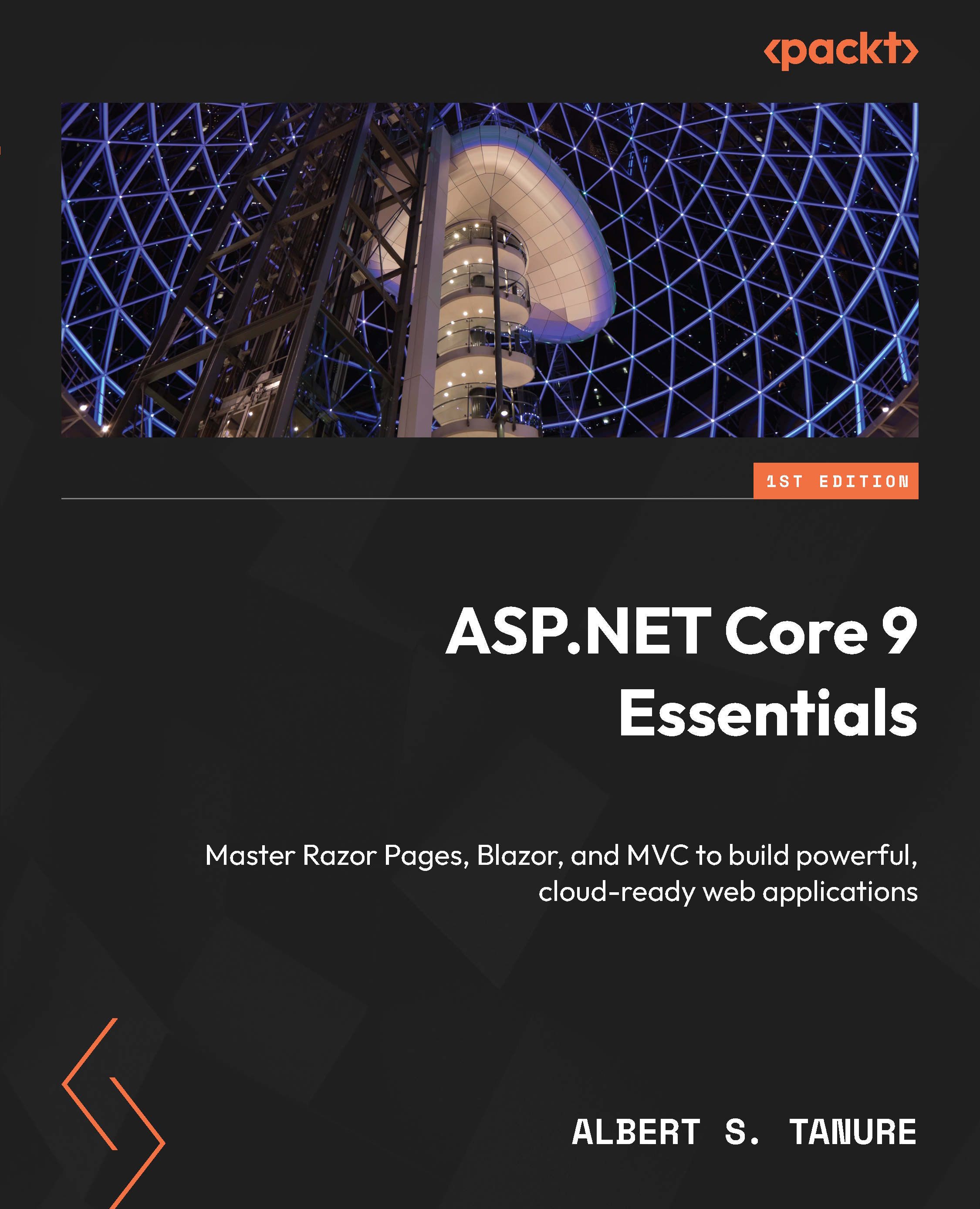-
From Python basics to advanced topics like OOP and API integration
-
Learn to code in the cloud with Google Colab for easy access and collaboration
-
Discover Python’s role in data analysis, web development, and automation
This course begins by exploring Python’s origins and its rise as one of the most popular programming languages. The course covers the key factors behind Python's success, such as its simplicity, versatility, and active community. After covering the basics, you’ll dive into practical Python programming using Google Colab, a cloud-based tool that allows you to code without installing anything locally.
As you progress, you’ll explore various programming paradigms, including procedural, object-oriented programming (OOP), and functional programming, supported by real-world examples. Key Python concepts like variables, data types, functions, and control flow will be covered. You’ll also learn to work with advanced data structures like lists, tuples, dictionaries, and sets, helping you manage complex data. Additionally, you’ll dive into data analysis and create visualizations using libraries like Pandas, NumPy, Matplotlib, and Seaborn.
The course continues with advanced topics, including OOP principles, file handling, exception management, and API integration. You’ll also explore Python’s capabilities for data analysis and interactive data visualization using Plotly. Whether you're automating tasks, analyzing data, or building web apps, this course equips you with the skills needed for real-world Python projects.
This course is perfect for beginners with no programming experience who want to learn Python, as well as intermediate learners looking to deepen their skills. It’s also ideal for data scientists, analysts, and software engineers aiming to apply Python for data manipulation, analysis, and visualization. Whether you’re a student, a professional transitioning to tech, or interested in automation and web development, this course will provide you with practical skills for success.
-
Understand Python's origins, evolution, and community growth
-
Apply Python's procedural, OOP, and functional programming paradigms.
-
Master core concepts like variables, data types, and functions.
-
Work with advanced data structures like lists, tuples, and dictionaries.
-
Perform data analysis with Pandas, NumPy, and visualization tools.
-
Implement exception handling and file management in Python.
 United States
United States
 Great Britain
Great Britain
 India
India
 Germany
Germany
 France
France
 Canada
Canada
 Russia
Russia
 Spain
Spain
 Brazil
Brazil
 Australia
Australia
 South Africa
South Africa
 Thailand
Thailand
 Ukraine
Ukraine
 Switzerland
Switzerland
 Slovakia
Slovakia
 Luxembourg
Luxembourg
 Hungary
Hungary
 Romania
Romania
 Denmark
Denmark
 Ireland
Ireland
 Estonia
Estonia
 Belgium
Belgium
 Italy
Italy
 Finland
Finland
 Cyprus
Cyprus
 Lithuania
Lithuania
 Latvia
Latvia
 Malta
Malta
 Netherlands
Netherlands
 Portugal
Portugal
 Slovenia
Slovenia
 Sweden
Sweden
 Argentina
Argentina
 Colombia
Colombia
 Ecuador
Ecuador
 Indonesia
Indonesia
 Mexico
Mexico
 New Zealand
New Zealand
 Norway
Norway
 South Korea
South Korea
 Taiwan
Taiwan
 Turkey
Turkey
 Czechia
Czechia
 Austria
Austria
 Greece
Greece
 Isle of Man
Isle of Man
 Bulgaria
Bulgaria
 Japan
Japan
 Philippines
Philippines
 Poland
Poland
 Singapore
Singapore
 Egypt
Egypt
 Chile
Chile
 Malaysia
Malaysia












